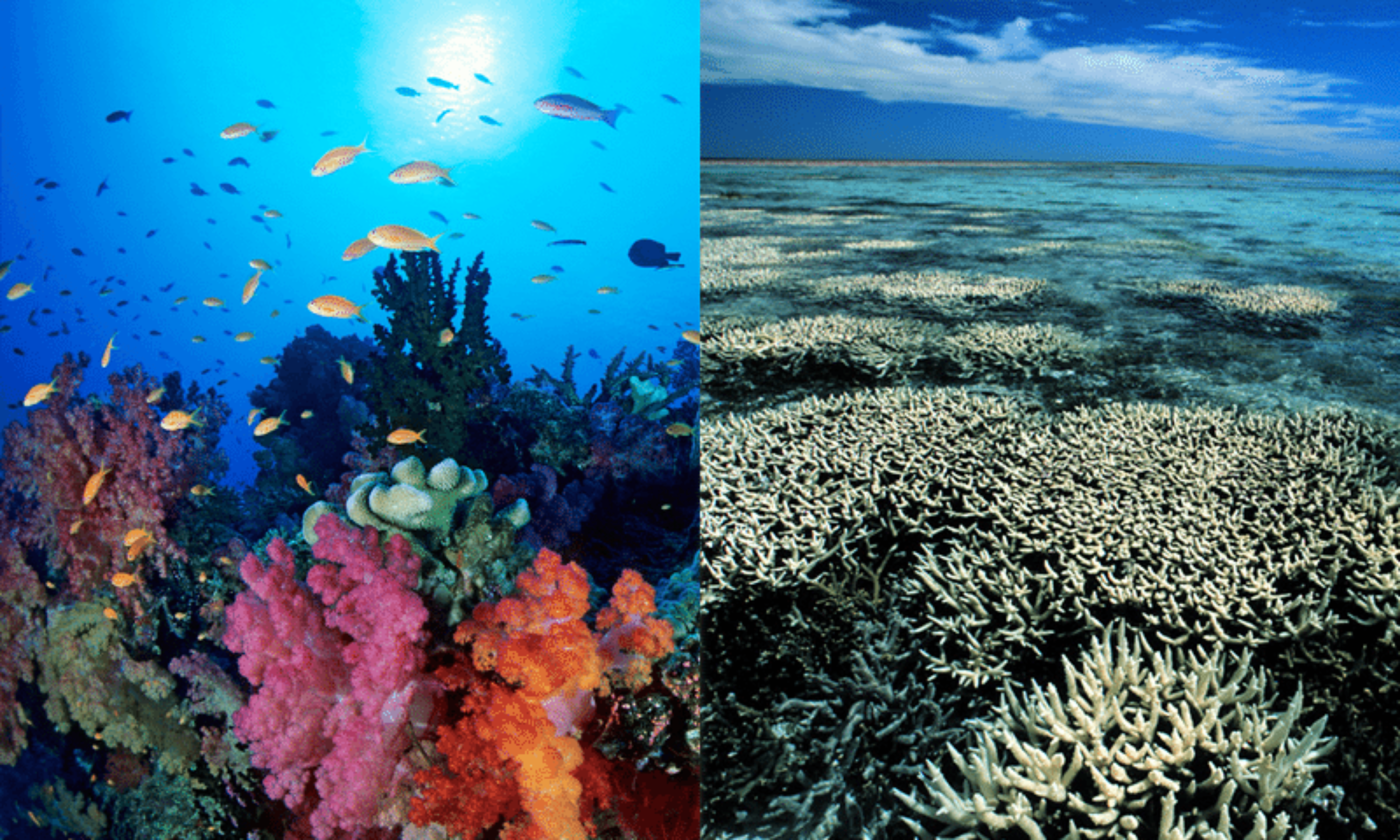The debate or controversy in which I am writing about is if the United States should burn or bury its trash.
The debate in this topic is on whether or not it is more environmentally friendly to burn or bury or trash. Both methods come with some serious drawbacks, so by comparing the two, we will be able to discover which one will benefit us and the environment the most. The big drawback to burying our trash is what happens underneath the surface when these toxins sit for hundreds of years. When trash is buried it can pollute groundwater and could be harmful to people who may be drinking or using the water in some fashion. Burning trash is harmful because burning garbage is a primary source of cancer causing dioxins which poses a huge public health problem.
Articles that will help me in my research:
Kitto, John B., and Larry A. Hiner. “Clean Power from Burning Trash.” Mechanical Engineering 139.02 (2017): 32–37. Web.
Faden, Mike. “Burning Trash Has Major Pollution Impact.” Frontiers in Ecology and the Environment 12.8 (2014): 431–431. Print.
Warshall, Peter, and Michael Stone. “To Burn or Not to Burn.” Whole Earth 99 (1999): 69–70. Web.
I feel like I have not gathered enough information on this topic for me to formulate a valid opinion on this argument.
Though I haven’t made a position regarding this topic yet, I hope to give the reader a similar experience to how I made my grounded opinion within my Op-Ed, so that they can see how and why I chose that side.
